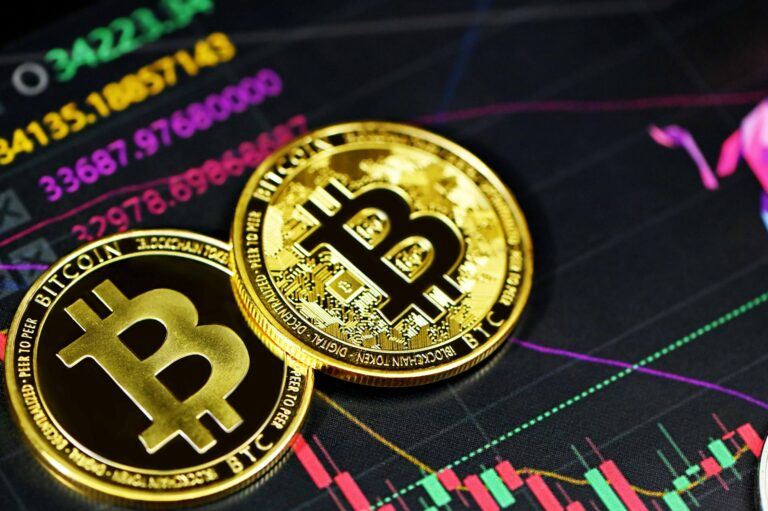The price of the flagship cryptocurrency Bitcoin fell sharply to low of around $67.500 from around $72,000 before it started to recover. after wallets belonging with the defunct cryptocurrency exchange Mt ox started moving the $9 billion under its control ahead of creditor repayments.
The cryptocurrency exchange, which was at one point the largest Bitcoin trading platform, was hacked in 2011 and ultimately filed for bankruptcy in 2014. The recent transactions reignited anxieties surrounding a potential sell-off by creditors who are in line to receive a portion of the $9 billion Bitcoin hoard Mt. Gox has held since its 2014 bankruptcy.
According to data compiled by CryptoQuant and Arkham Intelligence, nearly all of the 137,000-plus Bitcoin, valued at over $9.3 billion, held in Mt. Gox wallets were recently transferred to unknown wallets.
As the Mt. Gox bankruptcy process nears its conclusion, the court-appointed trustee has indicated that creditors can expect initial lump-sum payouts by the end of October. It’s currently unclear whether these creditors will hold onto their tokens, or sell them on the market.
These are the first movements from Mt. Gox wallets since May 2018, according to CryptoQuant data. Despite fears these creditors will dump over $9 billion worth of BTC on the market, macro strategist Henrik Zeberg anticipates a substantial increase in Bitcoin’s value, forecasting a surge of over 64% by the third quarter of 2024.
Arthur Hayes, co-founder of popular cryptocurrency derivatives trading platform BitMEX, has recently revealed a theory on the exchange rate between the U.S. dollar and the Japanese yen, and how a weakening yen could see Bitcoin’s price top the $1 million mark.
Hayes suggested a scenario in which the Federal Reserve intervenes by printing U.S. dollars and exchanging them for yen, to provide the Bank of Japan with resources to stabilize the currency market while allowing China to continue its monetary expansion.
Such a strategy, he said, could lead to the devaluation of the US dollar and that, coupled with Bitcoin’s rise, could threaten the dollar’s status as the world’s reserve currency. If the theory holds, then institutional investors will move to spot Bitcoin exchange-traded funds (ETFs) as a hedge against the decline of traditional fiat currencies.
Featured image via Unsplash.








